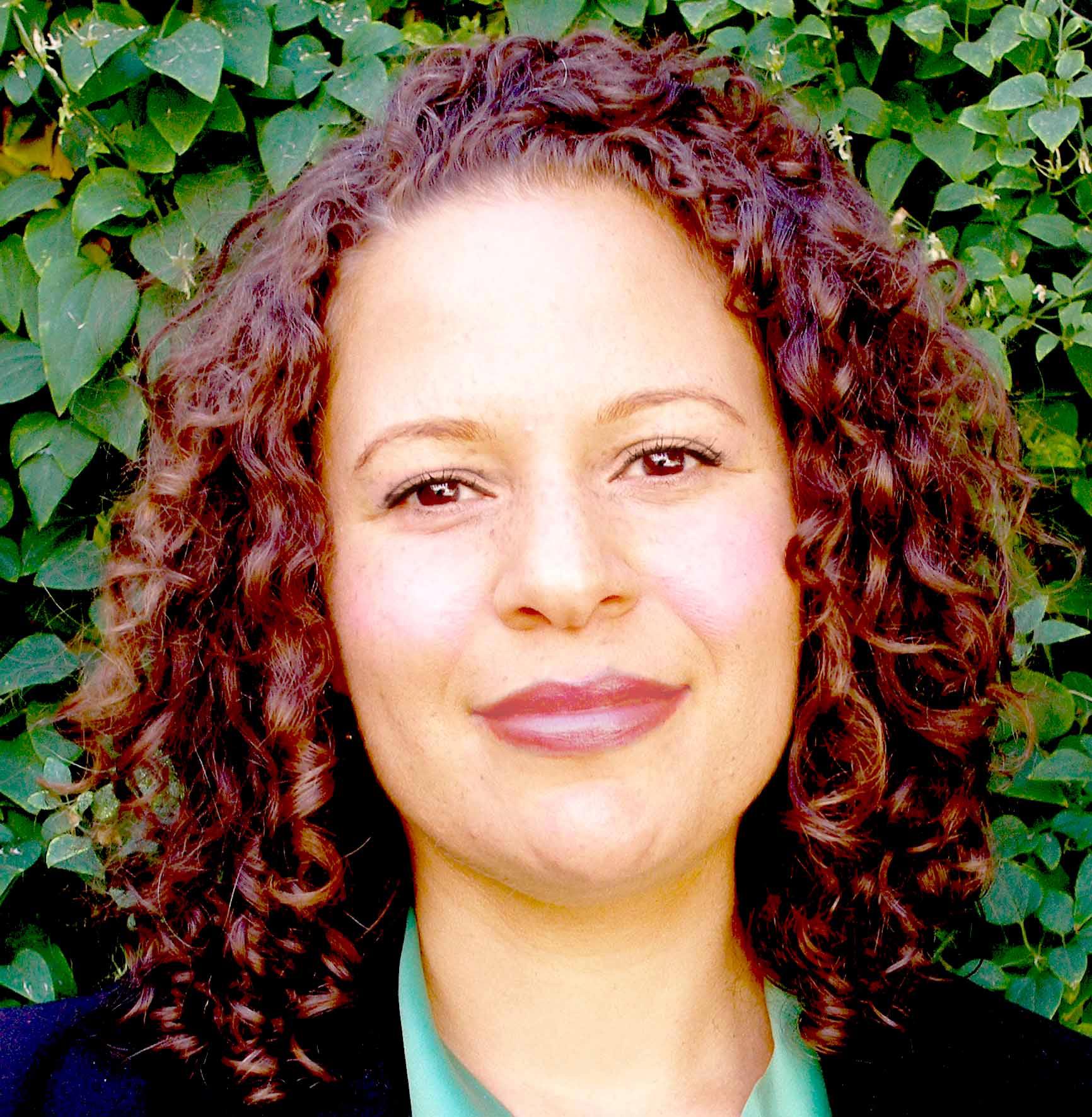The African American and African Studies Department offers study abroad classes that enable students to broaden their horizons and learn more about African and African descent communities in different regions of the world. We will be hosting study abroad programs in the near future. For more information, email Student Affairs Officer Katherine Ampaw-Matthei.
Tanzania Program
 Danielle Heard Mollel
Danielle Heard Mollel
Ph.D., M.A., Cornell University
B.A., Wesleyan University
Dr. Heard Mollel teaches in the areas of Afro-diasporic, African American, U.S. ethnic, and transpacific literatures and cultures, feminism, cultural studies, performance studies, disability studies, sonic and visual culture, Buddhism and eastern spirituality, all with a mind toward social justice. She is also the co-founder of an organization dedicated to restoring land, rights, and economic self-determination to the Indigenous Maasai people of East Africa.
Tanzania: Culture, Wildlife, and Activism
AAS 177, AAS 198/298
This life-changing adventure takes place in the region known for the world’s most famous wildlife parks, including the great Serengeti and Ngorongoro Crater, and the home of the semi-nomadic Maasai people. The course begins at the College of African Wildlife Management on the slopes on Mount Kilimanjaro and then moves to a Maasai village where you stay with a local family. We then venture deep into the African bush to live amidst the iconic flora and fauna of the savannah, lakes, and craters. Combining cultural immersion and field lectures on wildlife behavior, conservation, political economy, tourism, human rights, and indigeneity, this course appeals to all majors. Project-based learning and expert-led courses prepare you for independent study projects that aid in community-based efforts of conservation, land rights activism, and cultural survival.
Ghana Program
Culture and Development in an African Nation
AAS 111: GE Arts/humanities or Social Sciences, World Cultures, Writing, Diversity
AAS 198
Since the early twentieth century, African political thinkers, activists, scholars, creative writers and performers have engaged in debates about the relevance of African culture to life in the modern world. This course aims to introduce students to some these debates as they apply to the country of Ghana. It also invites students to analyze and critique the positions taken by African thinkers on questions of culture. The course will focus on cultural issues, and challenges to development in West Africa with special emphasis on the nation of Ghana. Through assigned readings, discussions and field trips students will be exposed to various aspects of Ghanaian culture, significant moments in Ghanaian history and the problems of development in an African nation. The following topics will be discussed in detail: the culture of the Asante and the other Akan-speaking peoples in Ghana, urban popular culture in Ghana, Atlantic slavery in West Africa, the African Diaspora in Ghana, Politics in independent Ghana, and finally issues in contemporary development.
FIELD TRIPS AND ACTIVITIES
Markets
- Makola market, Accra
- Ntonso, Ahwiaa markets, near Kumasi
- Kejetia market, Kumasi
- Aburi craft market
- Craft bazaar Accra
History and Cultural Heritage
- National Museum, Accra
- Nkrumah Park
- Arts and crafts bazaar, Accra
- Manhyia palace museum, Kumasi
- Cape Coast fort, Cape Coast
- St George’s fort, Elmina
- Tour of Elmina
- Dubois Center
- Cedi Beads
- Adanwomase Kente
- Arts Alliance Gallery, Labadi
Development sites
- University of Ghana, Legon
- Akosombo Dam, Akosombo
- Mampong Herbal Center
- Cedi Beads
- High school in Hoehoe
Ecotourism sites
- Aburi Botanical gardens
- Wli waterfalls
- Tafi Atome monkey sanctuary
- Kakum Nature Park
- Hiking on Mount Gemi
Craft Activities
- Drumming
- Dancing
- Kpando Fesi Pottery
- Batik instruction with Global Mamas

